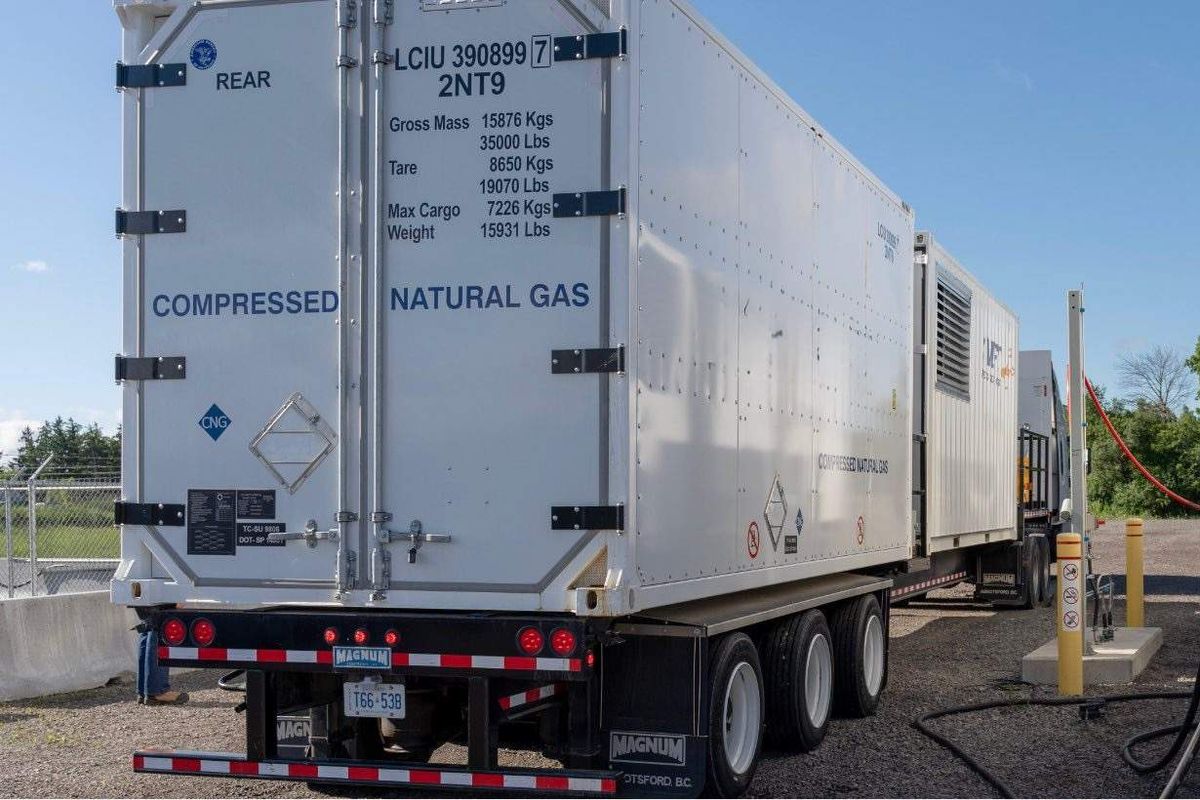2 Houston energy execs among Fortune’s most powerful people in business
power people
Two Houston-area energy executives have been named to Fortune’s list of the 100 Most Powerful People in Business.
Darren Woods, chairman and CEO of ExxonMobil Corp., appears at No. 34 on the list, and Mike Wirth, chairman and CEO of Chevron Corp., lands at No. 90. Woods showed up on last year’s inaugural list, while Wirth debuted on the list this year.
Woods assumed the top job at Spring-based ExxonMobil in 2017.
“Woods worked his way up through the ranks of the oil giant, first serving as a planning analyst in 1992, and later as vice president and senior vice president,” according to Fortune.
Under Woods’ watch, ExxonMobil has grown substantially. For instance, the company wrapped up its nearly $60 billion acquisition of Dallas-based oil and gas exploration and production company Pioneer Natural Resources in 2024.
Last year, ExxonMobil posted revenue of nearly $350 billion. The company relocated its headquarters to Spring from the Dallas-Fort Worth suburb of Irving in 2023.
Wirth became chairman and CEO of Houston-based Chevron in 2018.
“While Chevron continues to grow its oil and gas business from West Texas to Kazakhstan, the company is investing more in hydrogen, renewable fuels and sustainable aviation fuel, carbon capture, and, most recently, lithium extraction,” according to Fortune.
In terms of revenue, Chevron is the country’s second-largest oil and gas company, behind ExxonMobil. Last year, Chevron posted revenue of almost $202.8 billion.
With Wirth at the helm, Chevron has expanded its footprint. In July, for example, the company completed its $53 billion acquisition of New York City-based energy company Hess Corp. The deal, announced in October 2023, was delayed by a now-resolved legal battle against ExxonMobil and China National Offshore Oil Corp. over Hess’ plentiful oil assets in Guyana.
In 2024, Chevron announced it was moving its headquarters to Houston from Northern California.
Jensen Huang, president and CEO of Nvidia, claimed the No. 1 spot. The technology company announced plans to produce AI supercomputers at a Houston-area factory earlier this year.
- Houston-area company leads Texas businesses on Time's most sustainable list ›
- Co-founder of Houston hypersonic engine co. lands on Inc. 500 list ›
- Houston clean energy founder scores spot on Time's list of most influential leaders ›
- ExxonMobil tops Fortune 500 list and more Houston energy news to know ›
- Houston earns No. 3 spot among cities with most Fortune 500 headquarters ›









 7 Houston energy-focused businesses among Time's best midsize companies 2025
7 Houston energy-focused businesses among Time's best midsize companies 2025
 Acquisitions and agreements fuel the top Houston energy news to knowCatch up on our top news for the first half of February. Courtesy photo
Acquisitions and agreements fuel the top Houston energy news to knowCatch up on our top news for the first half of February. Courtesy photo


